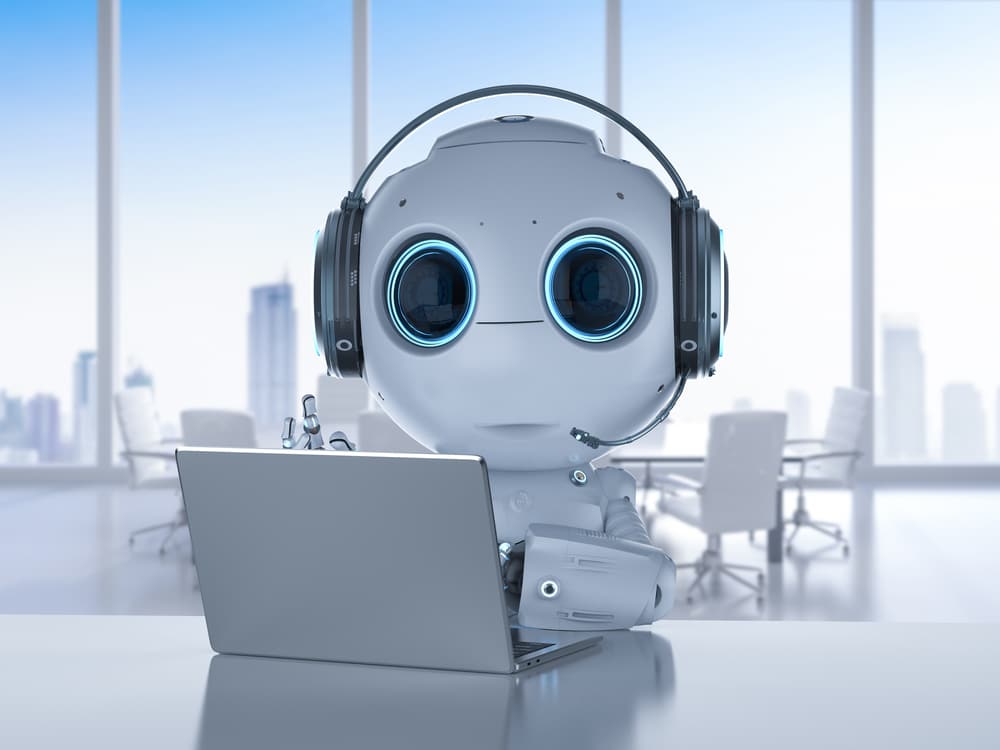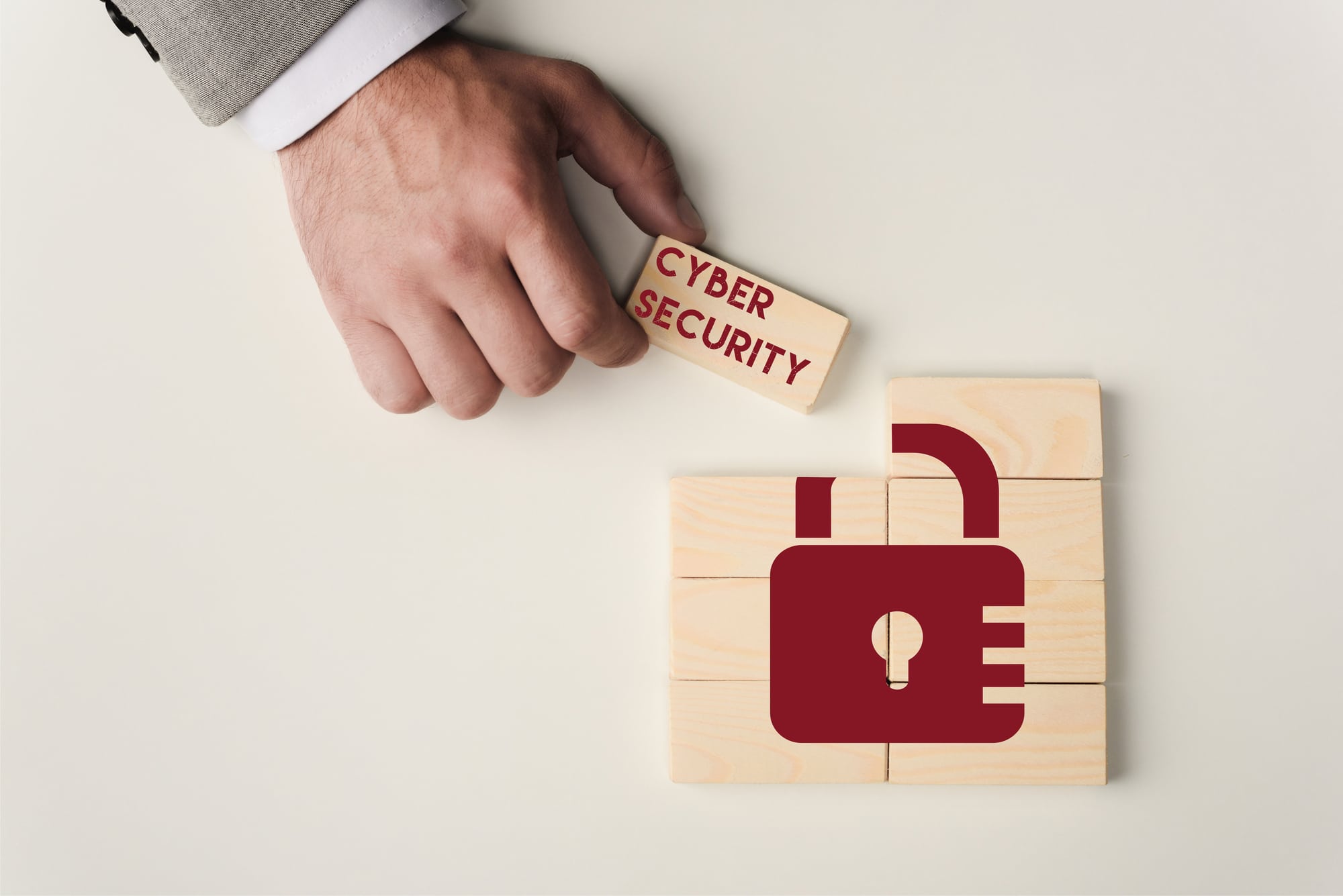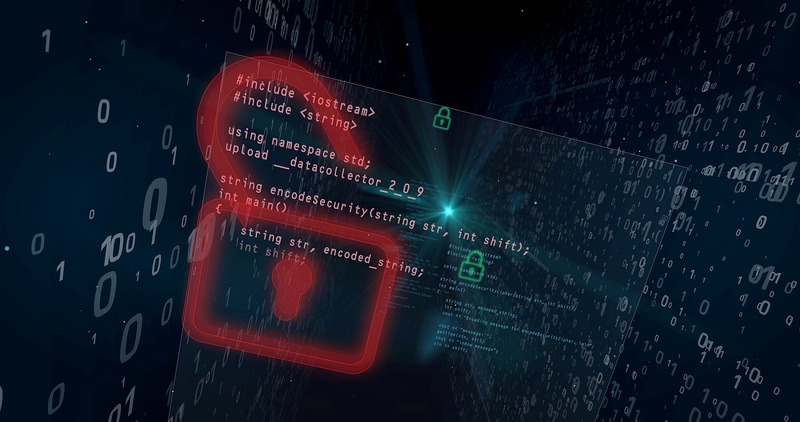
Using gen AI to ease the IT workload [Q&A]
The IT industry has been experiencing major turnover and burnout issues for years, and skilled workers are a rare commodity nowadays.
We spoke with Ariel Gesto, CEO and founder of InvGate, to find out how IT workers can automate tasks or make some tasks much easier to solve with gen AI.

Lack of automation leaves businesses open to invoice fraud
New research from Ivalua finds that 31 percent of UK businesses have been the victim of invoice fraud in the past 12 months.
Of these, just 39 percent managed to stop the fraudulent transactions before the money was paid out.

Sysdig uses automation to cut cloud incident response times
Cloud security company Sysdig is launching a new, enhanced cloud-native investigation process designed to cut incident analysis time to just five minutes.
By visualizing a given incident in the Sysdig Cloud Attack Graph, security analysts can gain a dynamic view of the relationships between resources for a better understanding of the killchain and potential lateral movement across a cloud environment.

Automation is critical to effective security for smaller businesses
Automation is a critical capability for a proactive security strategy says a new report from automated endpoint and vulnerability management company Syxsense and Omdia, a global analyst.
The research surveyed over 400 respondents including decision makers from North America and Europe, Middle East, and Africa (EMEA), at small and midsize business (SMB)+ sized companies across a variety of industries.

Bots account for half of all web traffic
A new report from Imperva finds that 49.6 percent of all internet traffic came from bots in 2023, a two percent increase over the previous year, and the highest level since the company began monitoring automated traffic in 2013.
The proportion of web traffic associated with bad bots grew to 32 percent in 2023, up from 30.2 percent in 2022, while traffic from human users decreased to 50.4 percent. Automated traffic is costing organizations billions of dollars annually due to attacks on websites, APIs, and applications.

Skills shortage drives automation and outsourcing
A new report from IT solutions provider Auvik reveals a lack of skilled workers as the top challenge for IT teams.
Based on a study of over 2,000 internal IT and MSP professionals, the report shows an increased focus on adopting automation, including AI and ML tools, to address the needs of overworked and understaffed IT teams.

Enterprises bank on AI to improve supply chain resilience
New research for supply chain solutions company Cleo, based on a study carried out by Dimensional Research, shows 30 percent of companies plan to use trending technologies like artificial intelligence and automation to better meet supply-chain related business commitments.
It finds 97 percent of companies surveyed invested in supply chain technologies in 2023, with 81 percent stating their supply chain investment delivered business improvement in less than 24 months and 35 percent getting benefits in the same year.

New gen AI tool helps ease IT workloads
We've known for a long time that working in IT can be stressful and that stressed staff can put the organization at risk.
IT ops management platform InvGate is launching a new set of AI tools that aim to help IT teams do their jobs faster and more effectively.

Enterprises need to adapt security measures to cope with changing threats
With cyber threats becoming increasingly sophisticated, organizations face new challenges in safeguarding their digital assets. A new report from Info-Tech Research Group looks at the issues IT and security leaders must prioritize over the coming year.
It highlights the need to take account of the cybersecurity talent shortage, the rise of AI-driven threats, the integration of security risks with business risks, the adoption of zero-trust frameworks, and the increasing significance of automating security operations.

Over half of companies experienced cybersecurity incidents last year
According to new research from International Data Corporation (IDC) and Exabeam, 57 percent of companies experienced significant security incidents in the last year that needed extra resources to address.
North America experienced the highest rate of security incidents (66 percent), closely followed by Western Europe (65 percent), then Asia Pacific and Japan (APJ) (34 percent).

How companies can respond better to security risks [Q&A]
One of the biggest issues when dealing with security risks is the time that it takes to address problems when they come to light.
We spoke to Yoran Sirkis, CEO of remediation operations specialist Seemplicity, to discuss why there's an issue and how workflow problems around responding to risks can be improved.

Achieving cybersecurity excellence: The art of balancing automation and human expertise
In an era marked by continuously evolving cyberthreats, the significance of automation in the realm of cybersecurity cannot be overstated. Automation has emerged as a potent tool that enables security leaders to effectively address the challenges presented by today's digital environment. It offers numerous advantages, including swift and consistent responses to threats, the mitigation of potential human errors and a reduction in incident response times.
However, while automation is a vital asset, striking the right balance between automation and human involvement is essential to ensure optimal cybersecurity outcomes. In this article, we will explore how organizations can achieve a harmonious partnership between humans and automation to enhance threat detection, response and decision-making.

Network security is ripe for automation -- except when it isn't [Q&A]
According to one analyst estimate, the market for network automation tools will grow nearly 23 percent annually from 2022-2030.
While many IT professionals are familiar with automation of business processes, they are likely less familiar with its applications in network operations (NetOps) and security. As automation technology is maturing, organizations are using network automation solutions to transform their core workflows, including troubleshooting, change management and network security, for more efficient and effective network operations.

AI and automation are top enterprise priorities
According to a new report from Digitate 90 percent of IT decision-makers plan to deploy more automation, including AI, in the next 12 months.
Based on a survey of 601 US-based IT decision-makers in organizations with more than 1,000 employees and conducted with Sapio Research, the study finds 26 percent of respondents plan to implement machine-operated tasks that require limited human input or fully transition to autonomous systems in the next five years.

Automation of software security functions soars
The use of automated security technology is growing rapidly according to the latest edition of the annual Building Security In Maturity Model (BSIMM) report from Synopsys.
The research also shows that there's a move towards a 'shift everywhere' culture -- which means performing security tests throughout the entire software development life cycle -- across more organizations.
